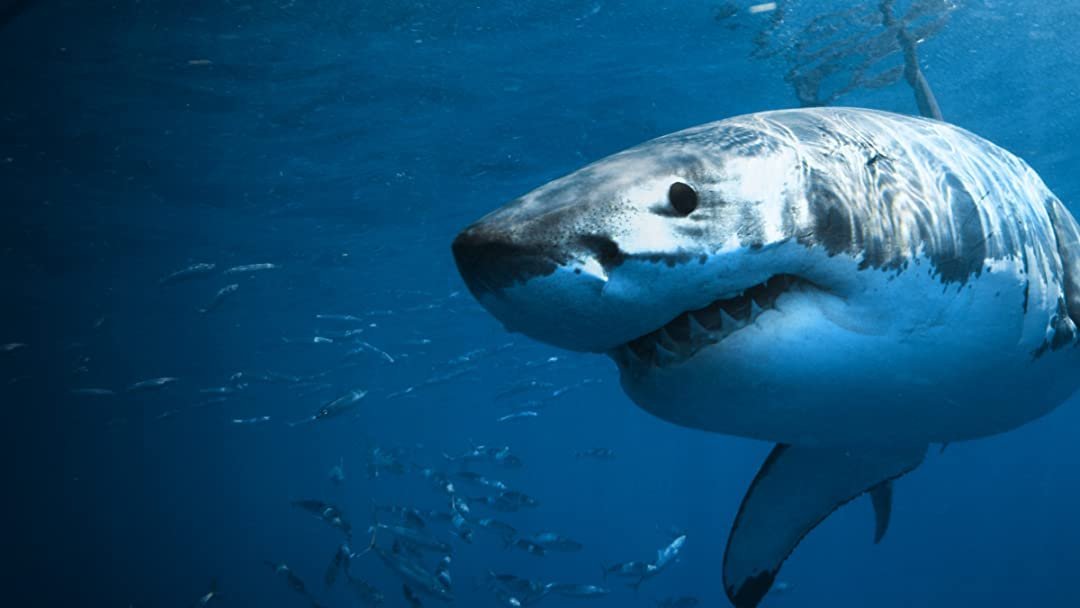Location mentioned in JAWS is Great White shark hotspot
Results from a new study estimate that 800 great white sharks have been identified as swimming - not swarming or stalking, just plain old swimming - in the waters off Cape Cod over the last few years.
But although those proportions are correct, there is no need to panic as it isn't a Hollywood movie and 800 great whites haven't descended on Cape Cod all in one go.
And it is equally important to note that those numbers could also include those just passing through as well as those sticking around longer.
Cape Cod’s real-life Matt Hooper from JAWS is Greg Skomal, who leads the Massachusetts Division of Marine Fisheries' Shark Research Program, was keen to underline this point. He said: "Their movements are very dynamic, they trickle in and out. Some white sharks simply stop by on their way north while others spend more time along the Cape, likely because they have success feeding on seals."
Skomal made it very clear that it is important for the public to understand there are not hundreds of sharks swimming off Cape Cod beaches - which aren’t that far from the JAWS filming location of Martha’s Vineyard, with Cape Cod even getting a mention in the Steven Spielberg classic - all at the same time.
The study took readings from between 2015 -2018 and only featured those sharks that could be identified as distinct, different great whites.
That may still sound like a startling amount for many, but it is an area rich in their key food source, seals, whose population numbers have grown massively in recent years.
The study found the months with the least great white shark activity were June and July, with it reaching its peak in August and September. That doesn't mean you won't have a great white shark encounter outside of these two months, but this was when the greatest numbers were verified.
Sharks go to that area to hunt seals, and they usually appear the most least in June and July and peak in August and September, the study says, which is when water temperatures are warmest.
The study was published in the journal Marine Ecology Progress Series and comprised of work by a team of scientists from the Atlantic White Shark Conservancy, the University of Massachusetts Dartmouth's School for Marine Science and Technology and the Massachusetts Division of Marine Fisheries.
Words by Dean Newman
If you would like to write for The Daily Jaws, please visit our ‘work with us’ page.
For all the latest Jaws, shark and shark movie news, follow The Daily Jaws on Instagram, Twitter and Facebook.



